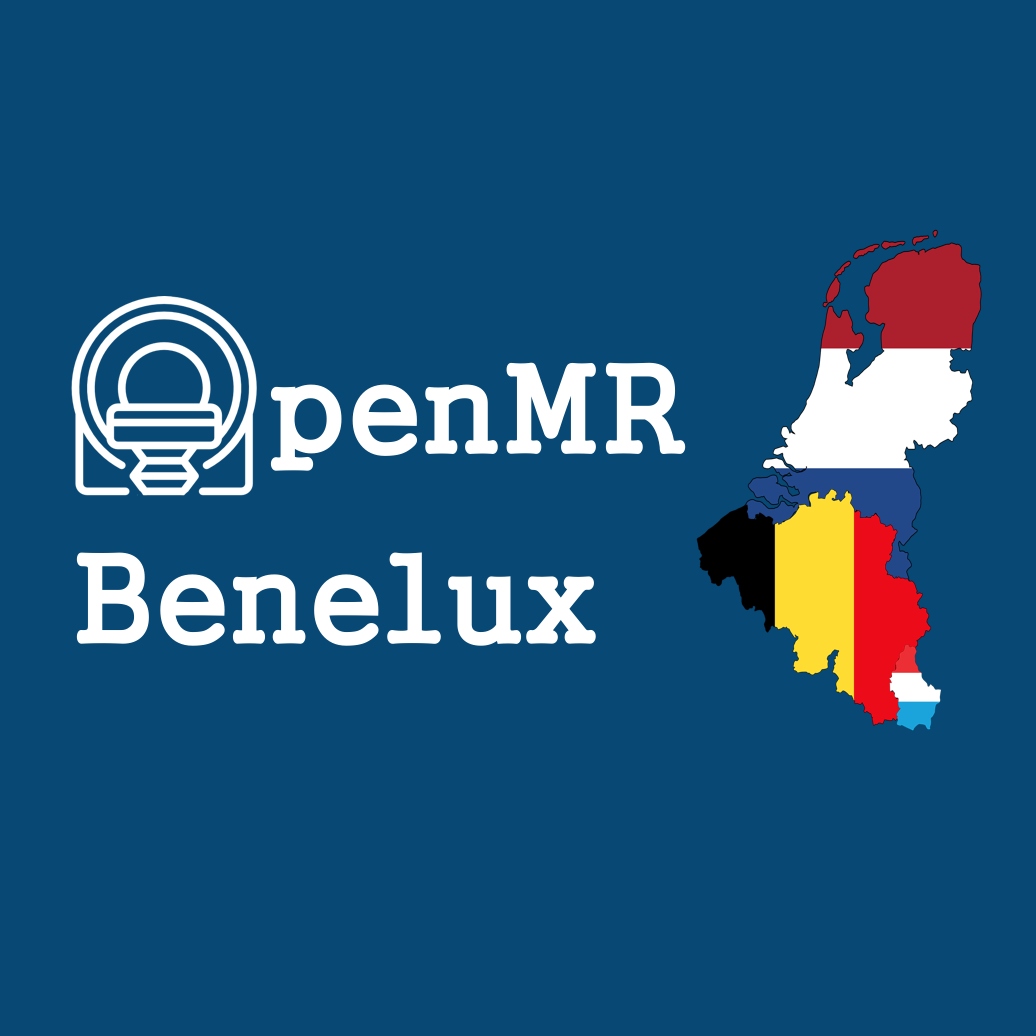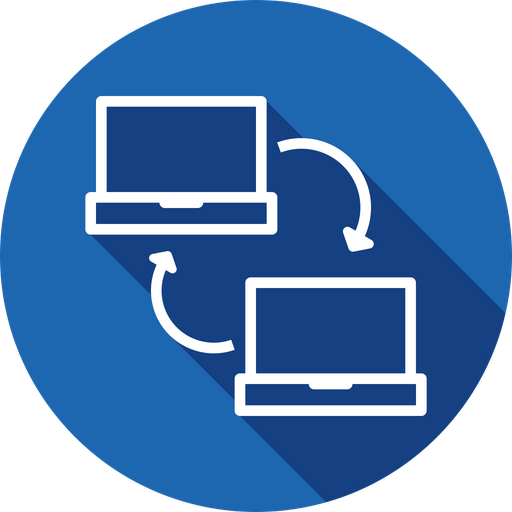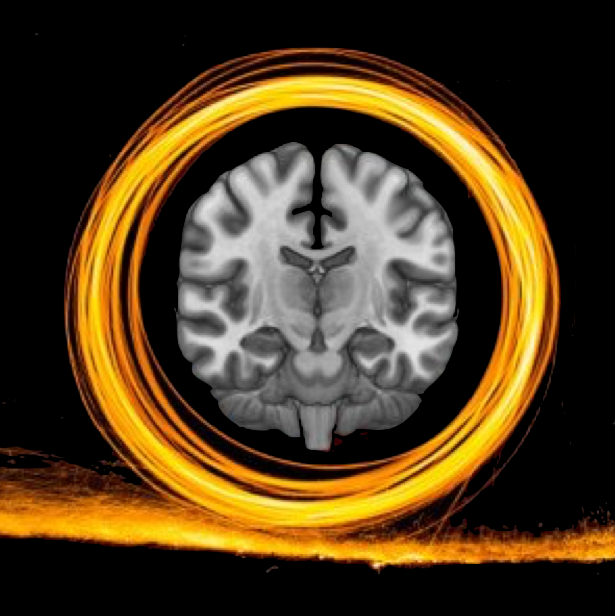I currently work on multiple projects, some directly related to my work as a research data and software engineer at Research Center Jülich, others more broadly to my overall interests. Some projects were the focus of my PhD work. Click on a project below to find out more. If you are interested in learning more or contributing to these projects, feel free to reach out!
DataLad
Background
DataLad is a free and open source distributed data management system that keeps track of your data, creates structure, ensures reproducibility, supports collaboration, and integrates with widely used data infrastructure. DataLad supports arbitrarily large datasets, on-demand content retrieval, dataset nesting, data version control, provenance capture, and metadata management. DataLad development is supported primarily by the US National Science Foundation and the German Federal Ministry of Education and Research.
Focus
As part of the DataLad team, I contribute to the broad DataLad ecosystem through software development, testing, documentation and teaching. My main focus is on automated metadata extraction and usage, specifically with the eye towards improving the FAIRness of (research) data managed with DataLad. To this end, I contribute mainly to the DataLad extensions: DataLad MetaLad and DataLad Catalog.
Relevant details
To find out more about DataLad, visit these rich resources:
- DataLad website
- DataLad handbook
- Join the community chat environment
- The users’ forum
- The code base on GitHub
- Developer documentation
- DataLad tutorials
OpenMR Benelux
Background
I started OpenMR Benelux as a way to connect with others in the field of MRI research to talk about “open science” and how it is applicable (or not) to our work. The first event was in January 2019 in Leiden, The Netherlands, on the day before the annual ISMRM Benelux meeting and consisted of talks and discussions. From the start, I’ve wanted OpenMR Benelux to be an inclusive community with a low barrier to entry - not too expensive or too elite or too exclusive of anyone.
Focus
The goal of the OpenMR Benelux community is to disseminate and promote open research practices within the broad field of MRI. We want to start discussions and collaborations in an community of students, early/mid career researchers, professors and professionals in the Benelux countries (Belgium, Netherlands and Luxembourg) and beyond. We do this by organising annual events that elevate collaboration, discussion, teamwork, inclusion, and openness. And we try to make this as fun as possible. Our next event will be a three day program with talks, discussions, workshops, hackathons and more.
Relevant details
- Our next event: OpenMR Benelux 2020 in Nijmegen, NL. Sadly, registration is closed but we will put all information and content online afterwards.
- Our website: https://openmrbenelux.github.io/
Neuroimage data sharing under the GDPR
Background
Responsible sharing of data and code that underlie the results of a scientific study is an important step towards improving research transparency, fostering inclusivity and building public trust in science. In health sciences, and neuroimaging research in particular, an important factor when sharing data is privacy of personal or sensitive data. Ethical review boards at research institutions are responsible for reviewing a study protocol and deciding whether it can continue based on its adherence to the relevant ethical and research integrity principles, which typically include regulations on personal data privacy. In the European Union, such data privacy requirements are subject to the General Data Protection Regulation (GDPR) as implemented by its member countries. Despite the increased importance that funders and institutions are starting to place on open science practices, no clear, thorough and openly available guides exist for publicly sharing neuroimaging data under GDPR.
To start ratifying this shortcoming, I suggested a relevant hackathon topic a the 2019 OHBM Hackathon in Rome. This started (for me) a fascinating process of discussion and collaboration from which I have gained a lot of insight into privacy and data management, and through which I have met many experts from around the world.
Focus
We are a group of international researchers, mostly from EU countries but also from Canada and the USA, who want to make brain research data sharing in accordance with the GDPR an accessible reality. We aim to achive this by agreeing on some core relevant GDPR concepts, by creating study planning documentation templates that take these concepts into account, and by creating and sharing this knowledge in accessible ways.
Sub-projects
Distilling GDPR concepts for brain data
The implications of GDPR for (brain) research data sharing are confusing. It is interpreted and enforced differently in different institutions. Reaching consensus might be a long shot, but we could first try and work towards a shared language of ideas within the framework of brain data sharing and GDPR. Our aim here is to identify underlying concepts central to GDPR on which most of us can agree, and to then distill them down to a set of core concepts that have practical implications for our study protocols.
Check out our working doc.
Creating standardised templates
We are creating a set of templates that contain GDPR-compliant wording for ethical review board documentation for studies aiming to share their brain research data. This builds on great content that already exists in the form of the Open-Brain-Consent initiative.
See the Github issue for the main template we are currently focusing on.
Generating and sharing knowledge
There’s little use in working on these challenging and not sharing our work, especially if the goal is to make such processes and tools more accessible to researchers. We therefore also want to summarise our project and its outputs and create educational content for general use cases. We also aim to make this publicly available via a website, and using relatable means of communication like infographics. We need help, so if this is you please reach out!
Relevant details
- Our Google Drive folder where we share notes
- The OHBM hackathon project topic
- The hackathon project update slides
- The Github issue for the Open Brain Consent template that we are currently focused on
- Our Mattermost chat channel. Join the conversation!
Real-time fMRI analysis, quality control and visualisation
Background
Using functional magnetic resonance imaging (fMRI) we can acquire images of the blood oxygenation levels in our brain. By using a model for how the oxygen concentration in blood vessels in the brain relate to energy consumption due to brain activity, fMRI gives us a proxy measure for actual brain activity that we call the BOLD signal. In this project we are interested in acquiring, processing, visualising and using this BOLD signal while the patient or study participant is inside the MRI scanner, i.e. in real-time. Real-time brain activity can be used for different applications, including brain-computer interfaces (BCIs), hyperscanning, and neurofeedback. Neurofeedback entails showing the person inside the scanner a visual representation of their brain activity, and asking them to regulate this level using the visual feedback. Our goal is to investigate the use of real-time fMRI neurofeedback in clinical applications.
Focus
In preparation for such a clinical trial, however, we first have to ensure the quality of the BOLD signal. The BOLD signal contains a lot of noise and can be influenced by a number of sources, including participant movement, participant physiology (breathing and heart rate) and scanner artefacts. It is important that a robust signal processing pipeline is used to remove such noise sources in real-time when possible. It is also important to visualise and check the quality of the acquired data, both in real-time and after the scanning session. The focus of this project, and that of my PhD, is to develop new and updated acquisition, processing and quality checking tools to help us improve the quality of the BOLD signal for real-time use.
Sub-projects
Real-time fMRI neurofeedback methods - understanding the literature
How are real-time fMRI neurofeedback researchers processing their participants’ BOLD signals? Which methods are they using? Do they report quality checks? Can we investigate this and learn more about what influences the neurofeedback signal and study outcomes? By reviewing 128 recent fMRI neurofeedback studies, we set out to answer these questions, and more.
You can find the preprint here, some code and data here, and interactively explore the summarised studies here.
Real-time (fMRI) quality control
Loads of researchers have years and years of experience understanding and correcting quality issues in real-time fMRI data. Can we collate all of this into a set of best practices? And can we build software tools to make them more accessible to researchers? Within the fMRI neurofeedback community we are collaborating on such a Matlab-based software tool: rtQC. The toolbox currently needs beta-testers, so please reach out if you are interested.
Find out more about rtQC on this poster, and check out the code here.
Real-time multi-echo fMRI
For this project, we are specifically interested in developing multi-echo fMRI acquisition and processing methods for real-time use cases. Multi-echo denoising methods show promise for conventional resting state fMRI analysis, and our goal is to translate, investigate and describe this for real-time fMRI.
You can find more information on this poster and in this journal article
More details to follow!



